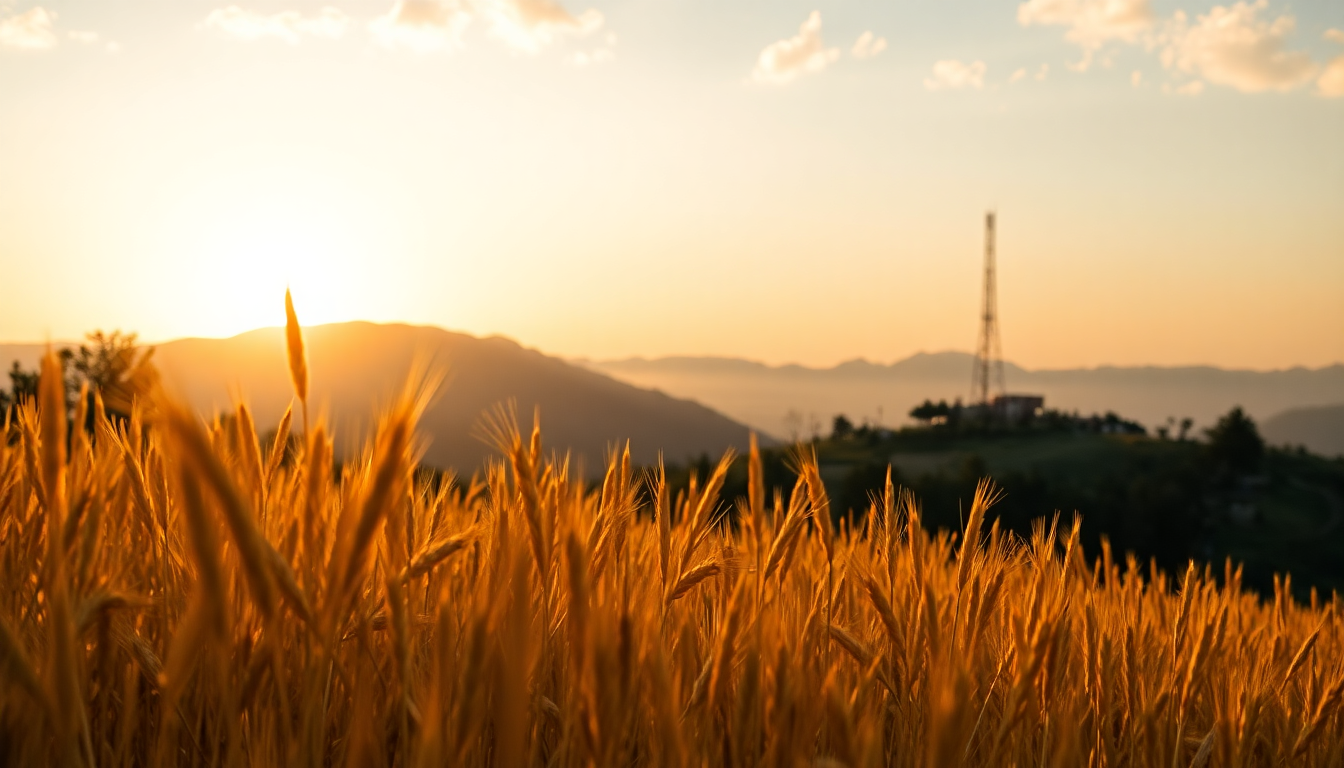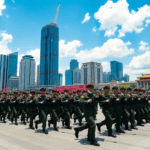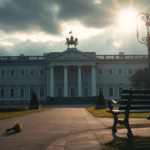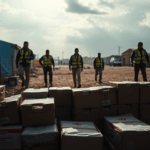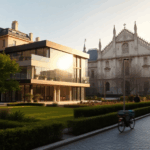Table of Contents
The evolving relationship between North and South Korea is anything but straightforward. With significant policy changes at play, the implications for human rights, particularly for the Christian community in the North, are deeply concerning. Have you ever considered how political decisions ripple through the lives of ordinary people? Recent actions taken by South Korea’s government, intended to ease tensions, have inadvertently put countless lives at risk—especially those of Christians facing severe persecution under Kim Jong Un’s regime.
In this article, we’ll explore how these policy shifts are impacting religious freedom in North Korea.
What’s Happening Right Now?
Back in May, South Korean President Lee Jae-myung made a controversial move by halting about 80% of radio broadcasts into North Korea.
While the intention was to create dialogue and improve relations, the fallout has been devastating for the estimated 400,000 Christians living in the North. The regime has long waged a brutal war against Christianity, punishing practitioners with everything from imprisonment to execution.
By shutting down these broadcasts—lifelines for many North Korean Christians seeking spiritual nourishment—the South Korean government has drastically limited their access to religious teachings.
Given the lack of general internet access, clandestine radio broadcasts were the only way for North Korean Christians to connect with the Gospel.
Reports from the Stimson Center’s 38 North indicate a significant decrease in these broadcasts, which were previously backed by the U.S. Agency for Global Media. As spiritual content becomes harder to find, the Kim regime has ramped up efforts to jam remaining signals, making it nearly impossible for believers to receive any form of religious guidance.
Can you imagine living in a place where your faith is silenced at every turn?
Broadcasts: A Beacon of Hope
For many North Korean Christians, these broadcasts are much more than mere information sources; they represent hope and resilience in an oppressive environment.
Timothy Cho, a defector from North Korea, underscores the importance of these broadcasts, explaining how they facilitate the sharing of the Gospel among believers trapped under a repressive regime. These broadcasts not only provide spiritual sustenance but also foster a sense of community and solidarity among those isolated by the government’s draconian policies.
The North Korean government sees Christianity as a direct threat to its authority, framing the ruling Kim dynasty as almost divine. Any competing belief system is viewed as a challenge to its power, which explains the extreme measures taken against Christians. This creates a climate of fear, with individuals risking everything to hold onto their faith. Unfortunately, the recent policy shift has only intensified these dangers, as the Kim regime tightens its grip on information flow and increases crackdowns on dissent. What does it take for people to continue believing, even when their lives are on the line?
Looking Ahead: What’s Next?
As South Korea’s policy unfolds, the outlook for North Korean Christians remains grim. The international community, including the U.S. State Department, has voiced concerns about the situation, stressing the urgent need for renewed strategies to enhance religious freedom in North Korea. Advocates argue that empowering North Korean citizens through information is crucial for fostering meaningful change. The experiences of those who have escaped, like Cho, highlight the vital need for ongoing support for the Christian community within North Korea.
It’s essential for the global community to recognize just how powerful information dissemination can be as a tool for empowerment. The silenced broadcasts are more than just signals; they are lifelines connecting believers to their faith and to one another. Without them, what lies ahead for Christians in North Korea looks increasingly bleak, as they face a regime determined to erase any trace of religious freedom. Isn’t it time we all took notice and acted to support those in such desperate need?

